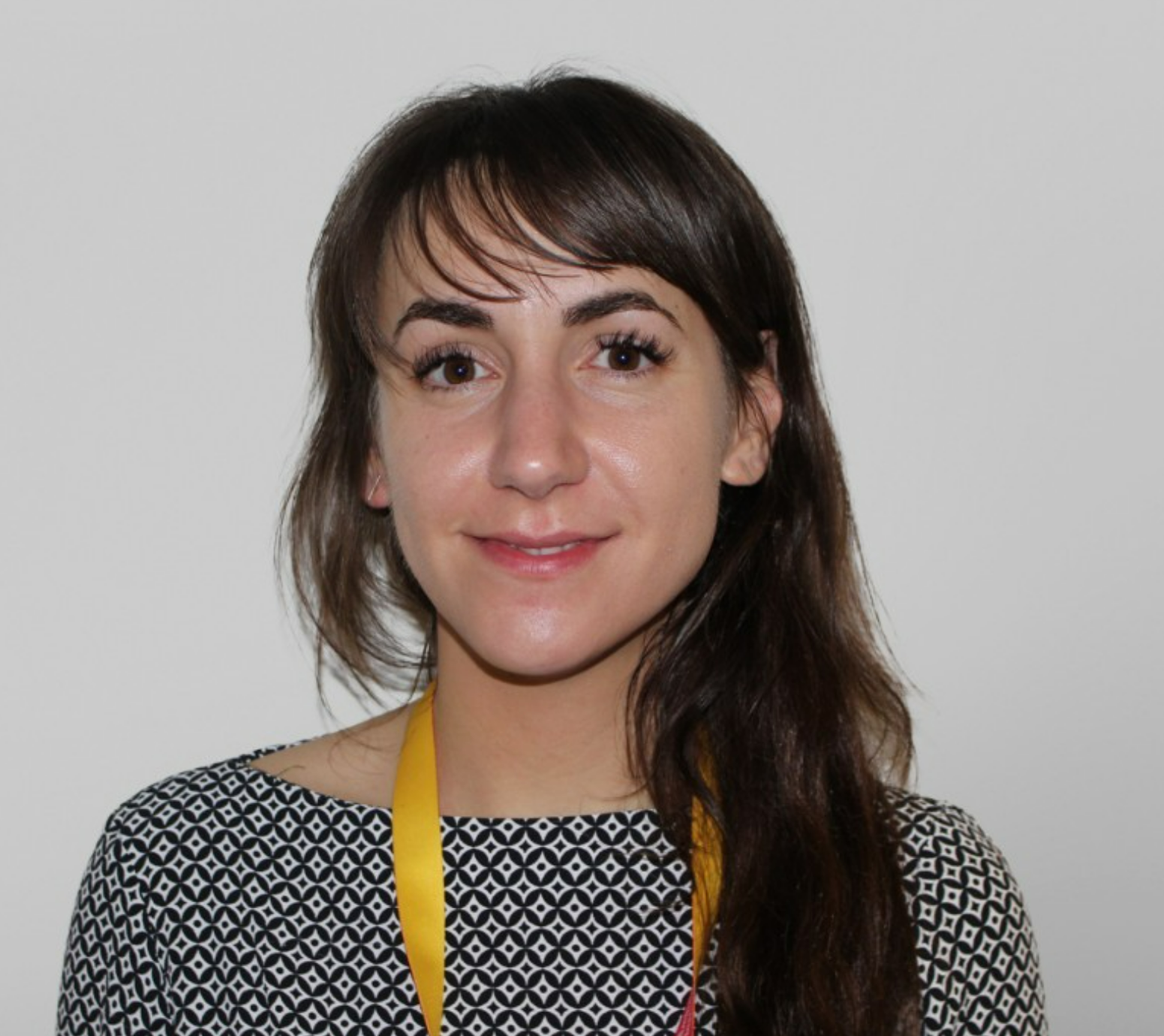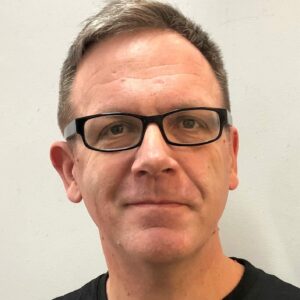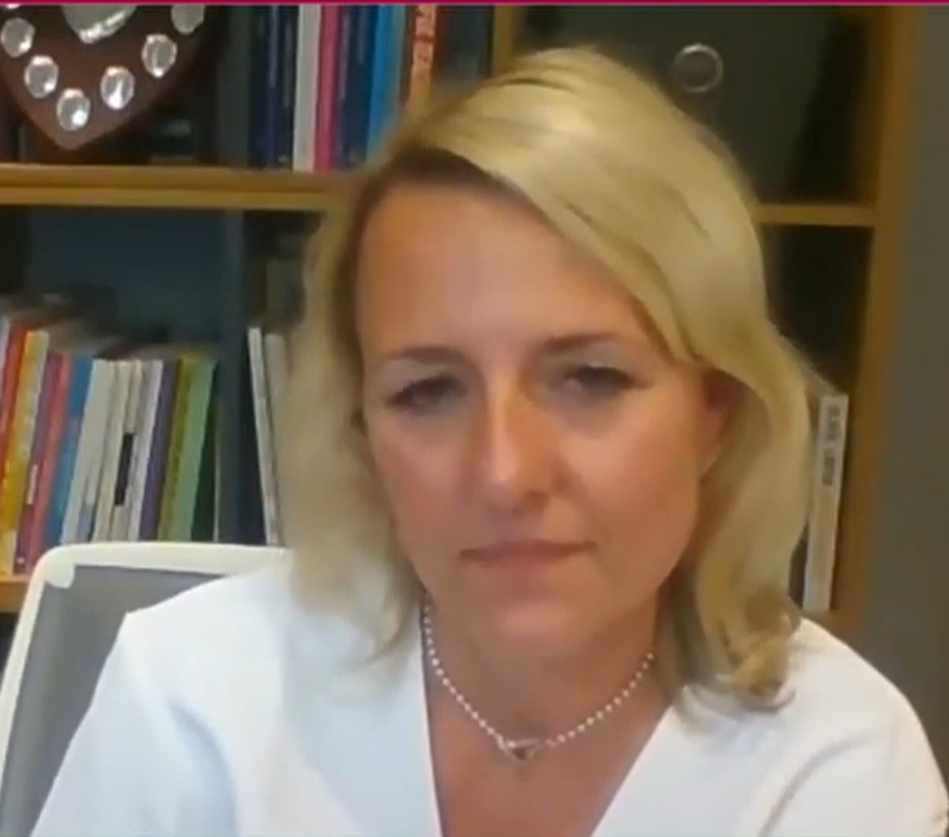Table of Contents
For this episode, special guest Sarah Cottingham joins Tom Sherrington and Emma Turner to discuss Sarah’s work and expertise in recent research, learning design, retrieval practice, neuroscience, learning schema, and professional development.
Connecting Neuroscience
The conversation begins by exploring Sarah’s explosion onto the educational scene, her beginnings as a teacher, trying different strategies to enhance student learning, her movement into neuroscience, and her work with the Ambition Institute. A primary focus of this conversation is Sarah’s framework for neuroscience and learning which connects cutting-edge research with classroom realism.
Connecting the Neuroscience Lab and Classroom
A key reason for Sarah’s growth in her career was a lack of understanding between learning and memory. Based on her search for the science behind learning, she returned to school to study neuroscience.
Since getting her Masters, she has delved into learning and memory on her blog and through her work connecting the neuroscience lab and the classroom. Sarah makes an excellent point about the necessity of lab and classroom learning. When discussing a now popular strategy, she explores the disconnection between the laboratory and the classroom. “Retrieval is not a silver bullet; it’s more of a jigsaw puzzle piece,” she said. She expands by showing how retrieval is incredibly successful in the lab, but alone in the classroom; students require additional support structures.
Steering away from thinking of learning strategies Since building her profile in the neuroscience and education fields, she has developed her learning design framework.
Learning Design and Meaningful Learning
Sarah has an excellent framework for using neuroscience in the classroom. Using a ‘Schema’ approach, the framework Sarah discusses in this episode is designed to build rich blocks of knowledge that are accessible and usable by students. Sarah says, “you can’t see a schema in the brain, but they are the best attempt at capturing knowledge to be used.”
Essentially in creative learning design, educators can create linking commonalities in their students’ minds. These linking thoughts become “precious knowledge,” which helps us make the best decisions based on the interconnectedness of their knowledge. As Ausubel’s framework for learning explores, the only way to create “precious knowledge” is through meaningful learning.
Meaningful Teaching
In the second part of the episode, the trio discusses student learning, existing knowledge, teaching strategies, and professional development. A primary focus of this part of the discussion is prioritizing meaningful learning over teaching a large quantity of content.
Challenging Instructional Assumptions
A powerful sentiment in the second part of the discussion is the connection between teacher knowledge and student learning. Sarah explores that there is no way to make students know what the teacher knows. Meaning is made in your students’ minds; they can’t create meaning from the teachers’ interests.
Often teachers make many optimistic learning assumptions in the classroom. They assume that because students can parrot back content, they know it. Equally as important, they assume that because a large portion of the students understands the content, all students have learned it. In the second half of the episode, the trio examines these assumptions and how they affect learning. Mainly the quality of instruction, student development, and the ability to teach a whole curriculum.
The episode closes with a discussion of the necessity of time to explore topics. As Sarah explores, self-explanation is essential, and there are hundreds of similar strategies in which you are rehearsing the connection between new content and existing knowledge.
Sarah is truly a wealth of neuroscience, learning, and teaching knowledge. Learn more below.
Watch more episodes of Mind The Gap to learn about making education work globally.




